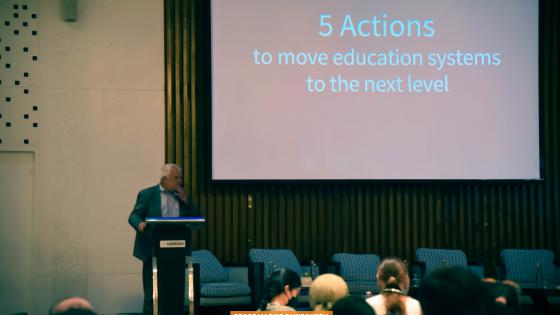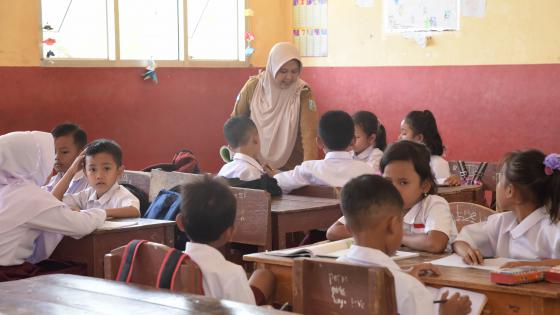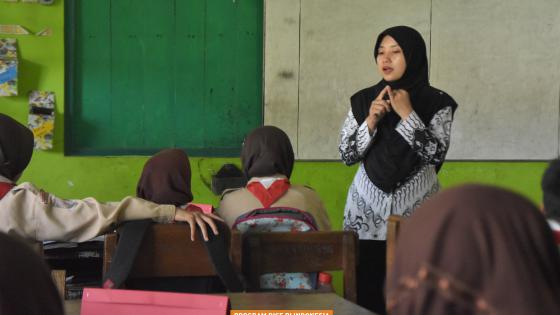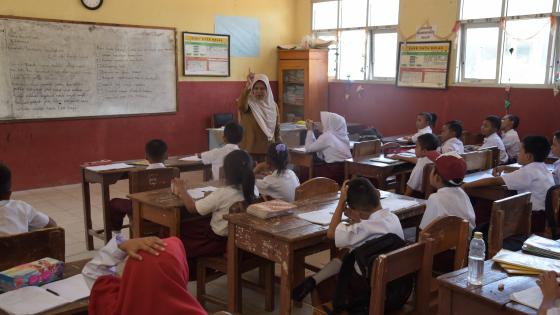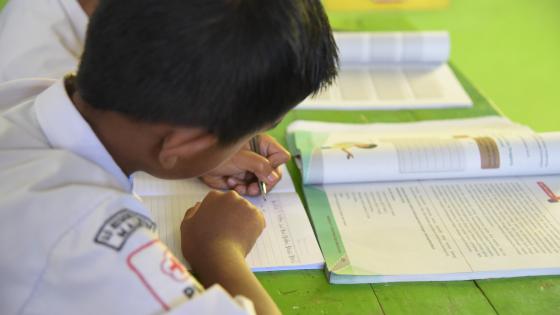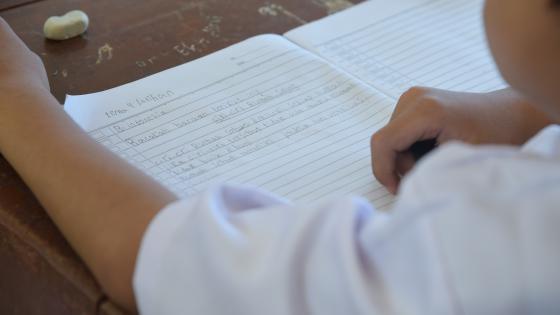Photo illustration: Novita Eka Syaputri
This article is part of the Teachers' Notes series on "What the beginning teachers would change if given the opportunity to transform regulations or policies in the field of education".
I have become a primary school teacher since 2014. There have been a lot of policies or rules, both made by the central government and the school, which I found in need of improvements. Sometimes, such policies or rules become a hurdle for teachers in pursuing their career.
Contract Teachers
If I were allowed to change a rule or policy related to the teaching profession, I would like to change policies on teacher welfare. The reason is that problems often arise in the field of education due to teachers' welfare, which eventually affects their performance.
Contract teachers exist and teach at schools, but they are often overlooked including by the government.
Contract teachers have played an important role in schools, especially public schools where the shortage of civil servant teachers remains. Without contract teachers, learning in those schools would be hampered.
The government should, at least, put more effort into contract teachers’ welfare by providing enough pay based on each district’s minimum wage. If this policy is enacted, then hopefully, teachers' performance will improve.
Five Learning Days, One Day to Nurture Talent
In addition to policies to ensure contract teachers' welfare, I also have an idea about the learning schedule: five learning days and one day to hone students' talents.
In the region where I teach today, schools still apply six learning days. I think the sixth day of the week can be used to hone students' talent, for example, with extracurricular activities.
Some districts have applied this practice, especially in private schools. I hope public schools can also apply this policy.
*This Note was written by TA, a primary school teacher in Central Java.
**All articles published in the Teachers' Notes are the views of the authors. They have been edited for popular writing purposes and do not represent the views of RISE Programme in Indonesia or RISE's funders.

